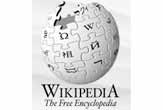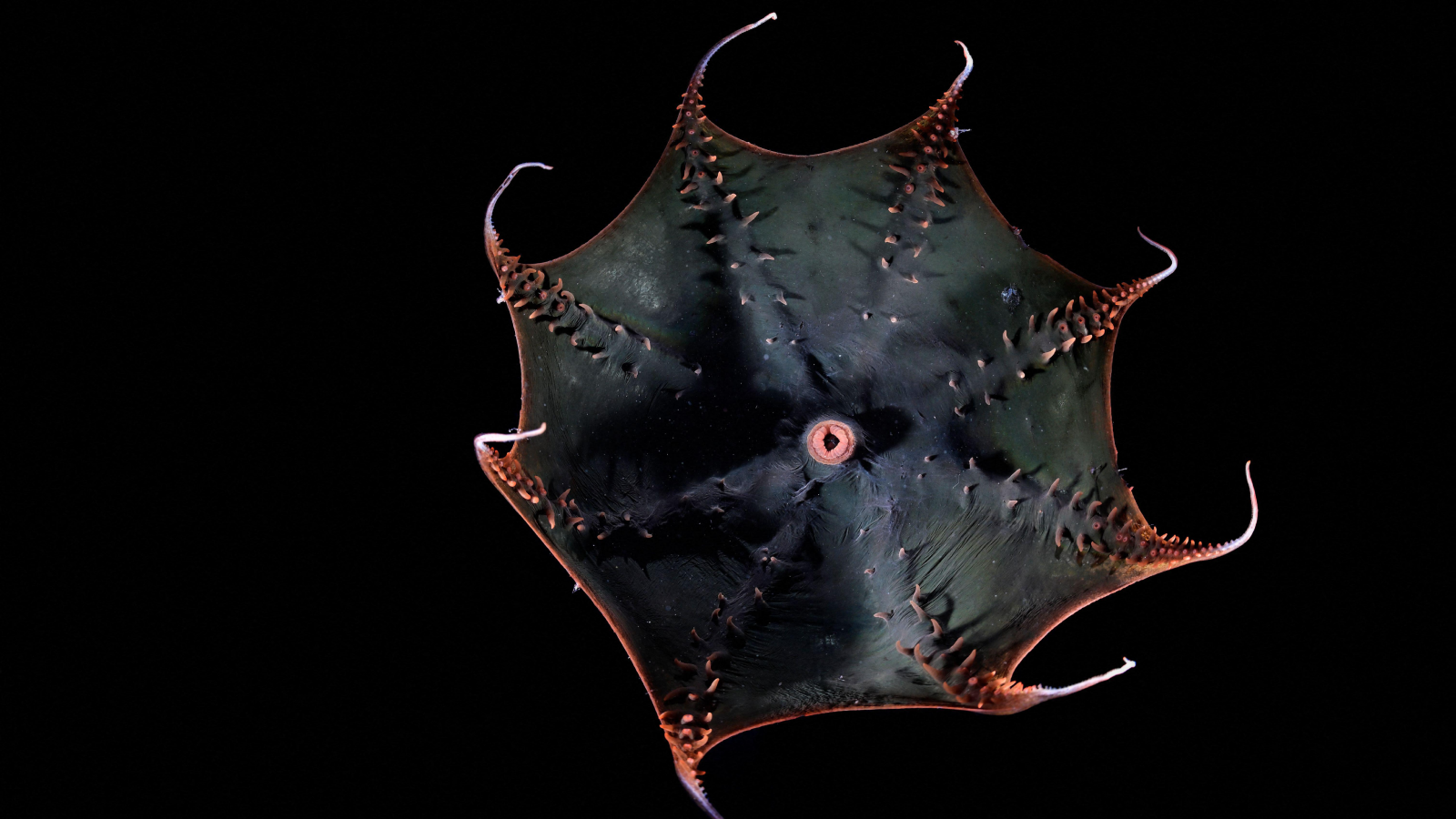Study: Wikipedia Pretty Accurate, But Hard to Read

You might learn something on Wikipedia, if you don't fall asleep first.
A new study finds the online, user-generated encyclopedia is more accurate than some previous reports have suggested. But boy, is it boring.
Researchers found that cancer information on Wikipedia was similar in accuracy and depth to the information on a professionally peer-reviewed, patient-oriented cancer web site, the National Cancer Institute's Physician Data Query (PDQ). But the latter was written in plainer English.
"There are a vast number of web sites where patients can obtain cancer information," said Yaacov Lawrence, assistant professor of Radiation Oncology at Jefferson Medical College of Thomas Jefferson University. "The purpose of this study was to answer one question: Is the cancer information on Wikipedia correct? Reassuringly, we found that errors were extremely rare on Wikipedia. But the way information was presented on PDQ is more patient-friendly."
Lawrence and his colleague Malolan Rajagopalan at the University of Pittsburgh picked 10 cancer types and selected key factual statements for each cancer from standard oncology textbooks.
For both web sites, inaccuracies were rare, and less than 2 percent of the information on either site was out of line with that presented in the textbooks. There was no difference between the sites in depth of coverage. Both sites poorly discussed controversial aspects of cancer care. But whereas PDQ was written at a level suitable for a 9th grader, Wikipedia was written at a level suitable for a college student. This difference was highly statistically significant, the researchers said.
"PDQ's readability is doubtless due to the site's professional editing, whereas Wikipedia's lack of readability may reflect its varied origins and haphazard editing," Dr. Lawrence said. "Overall our results are reassuring: on the one hand Wikipedia appears to be extremely accurate, on the other, the resources invested in the creation and upkeep of the PDQ are clearly justified."
Get the world’s most fascinating discoveries delivered straight to your inbox.



